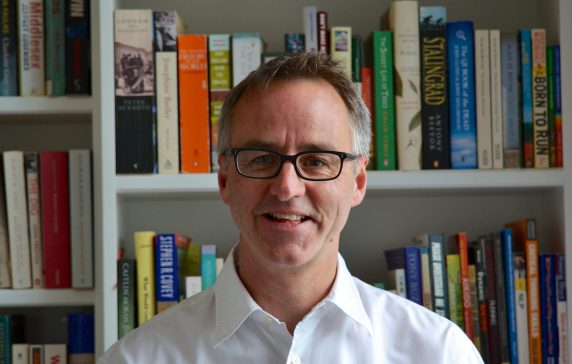The Forward View’s exclusion of locum GPs is a massive oversight

In a document that in its opening pages suggests it may become a key moment in the history of the NHS, it’s rather depressing to see that it works from a premise of not actually knowing how many GPs there are in the UK as it says on page 18: ’GPs working in primary care (excludes locums)’. To propose a plan without actually taking into account the number of locum GPs (current NASGP estimate is around 17,000) suggests that the General Practice Forward View may still be a key moment in the history of the NHS, but for the wrong reason.
Any plans have to include locum GPs as an integral, even vital, part of the solution.
That said, there is a lot to be excited about. The headline annual £2.4 billion increase is definitely a step in the right direction, as are promises for improved recruitment and retention, and reduced workload, especially a range of services to help struggling practices and a much greater commitment to investment in technology to help us catch up with the resources that our patients have access to.
Better use of what we have
The General Practice Forward View also wants to ’Improve the relative attractiveness of the partner and salaried positions versus a shift to a more unstable and short term workforce’. Here at NASGP, we’ve spent the best part of 15 years extolling the virtues of smarter ways to work as a locum GP, as exemplified by our GP chambers model. Within chambers, GPs work as locums as part of a team, with a shared ethos of quality and support, and regular, flexible relationships with practices which benefit both parties. NASGP recently surveyed locums working in chambers in England about their experiences.
Of 77 respondents, 90% agreed or strongly agreed that working in a chamber was the only reason they were still working as a GP, 80% agreed that they would have burnt out if it were not for chambers, 55% live where they live because of their chambers, 20% delayed retirement, 65% were more fulfilled as a GP and 72% were more fulfilled as a person. Now, there is only a handful of GP chambers in the UK, with no more than 200 GPs working in them, and this survey is of course of a relatively self-selected group, but there are some messages to take away from this. Mainly, this suggests that the GP chambers model could be a very powerful way of returning and retaining GPs within the GP workforce, and one that reduces burnout and improves job satisfaction. But also GP chambers play a significant part in where those GPs live, so setting up GP chambers along NASGP’s model could be a great way to attract GPs to live and work in less popular areas of the country.
The positives of locums
The lack of insight into, not just the numbers of the locum GP workforce, but also the positive role locums can play is a concern. The talk of a ‘shift to reliance on locums in undermining service continuity and stable team working’ is mistaking correlation for causality – locums are called in to help with service continuity and stabilise the teams to prevent them from imploding under pressure. And service continuity could be hugely helped with ensuring all GPs have easy access to up-to-date service information and practice processes through standardised practice information portals, saving a typical practice two hours of wasted time every day.
It also ignores the positive aspects to practices and patients of using locums: flexible support at times of high demand, a different pair of eyes, a second opinion, a fresh approach, spreading best practice and bringing diversity in a way that can support practices and enrich the care of their patients.
Locums are a vital part of the solution
With junior doctors facing imposition of a contract that many feel will adversely affect standards of care, and with other contract negotiations soon to follow, any plans concerning the medical workforce would be wise to keep an option for GPs to work freelance so that doctors can maintain the boundaries that they feel are necessary to work in a safe, clinically-responsive way, and who may otherwise leave the profession. Any plans have to include locum GPs as an integral, even vital, part of the solution.
Dr Richard Fieldhouse is chair of the National Association of Sessional GPs (NASGP) and a GP in West Sussex
Pulse July survey
Take our July 2025 survey to potentially win £1.000 worth of tokens











